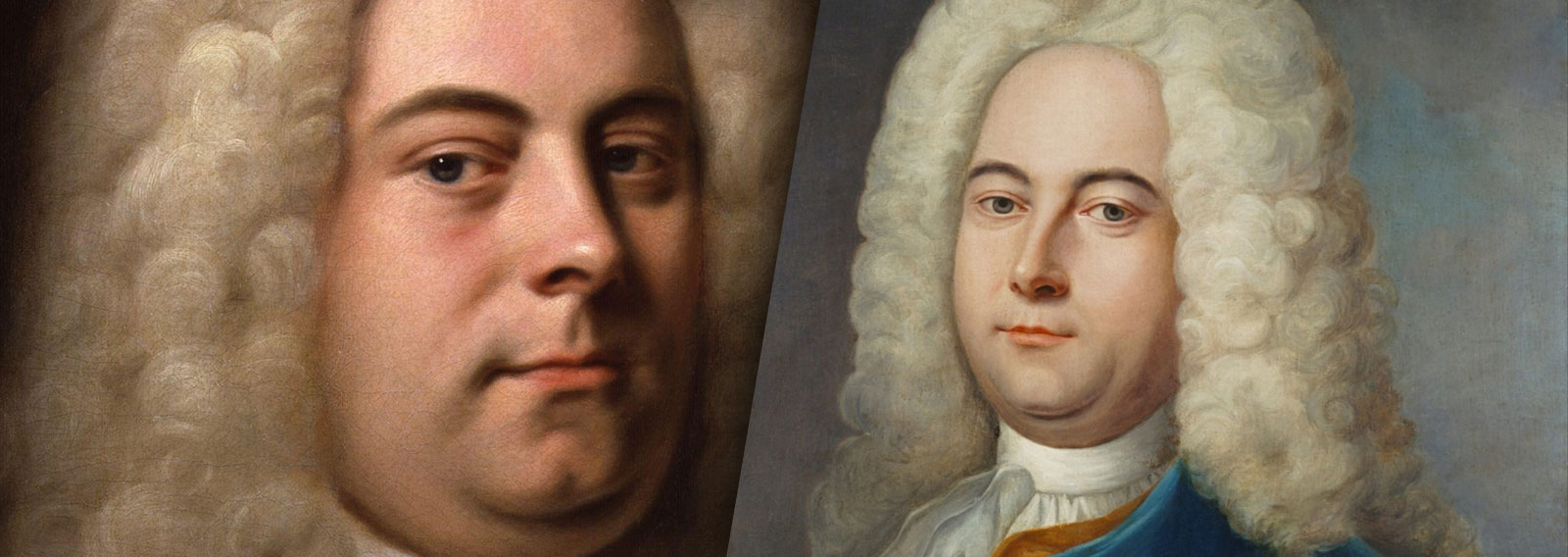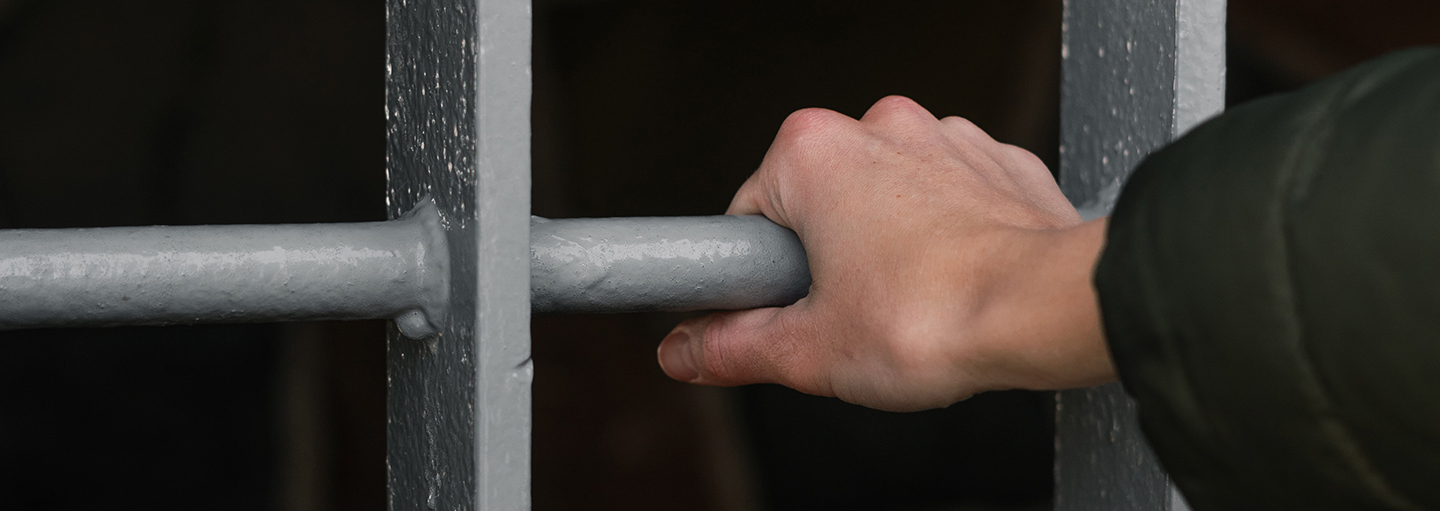The UK’s oldest conservatoire is considering removing some of its collection of rare instruments and artefacts that may be connected to historic figures with links to slavery.
Officials at the Royal Academy of Music are set to review their 200-year-old collection of rare instruments “through a decolonisation lens.”
It’s understood that the collection will be assessed based on their donors, makers and origins of materials. Items that could be placed under review include rare 18th-century pianos and violins, made with colonial ivory and ebony.
According to the organisation, the primary aim of the review is to create more space for teaching and learning at the central London premises. However, a spokesperson for the conservatoire said, “we will be reviewing the collection through a decolonisation lens.”
“There is no end to the stupidity and destructiveness of Cultural Marxism,” David Kurten, Heritage Party leader tweeted in response to the announcement.
“We urgently need to bring up children to be proud of our nation and heritage,” he added.
And there certainly is much to be proud of. Although slavery, in modern times, has often been characterised as an injustice uniquely carried out by predominately white nations, this reflects an entirely false view of history.
Until slavery was abolished by British Christians, it was universally practised for as far back as we can trace human history. The institution was a norm across the entire world. All known societies above the very primitive level were slave societies, and whites were certainly not immune to being subject to slavery themselves.
In fact, as African-American economist and social theorist, Thomas Sowell noted, the number of whites who were brought as slaves to North Africa far exceeded the number of blacks who were brought as slaves to the United States.
But here’s a crucial aspect often overlooked: it was amid this universal slavery, historian Rodney Stark explains, that only one civilisation ever rejected human bondage: Christendom, and it did it twice! Namely, the United Kingdom, and its predominately white, Christian former colonies.
To this day, slavery is still practised in many parts of the world. In Africa alone, there are approximately 9 million men, women, and children living in slavery. The map below shows almost every country in the world coloured according to the share of its population that is enslaved. The darker the colour, the higher the prevalence of slavery.

The following map shows the present-day government response to modern slavery. The darker the colour, the higher the government response.

So, yes – Europeans were involved in slavery, just like every other people group at the time. But they also put an end to it, and that’s history our children should be proud of.


















You must be logged in to post a comment.